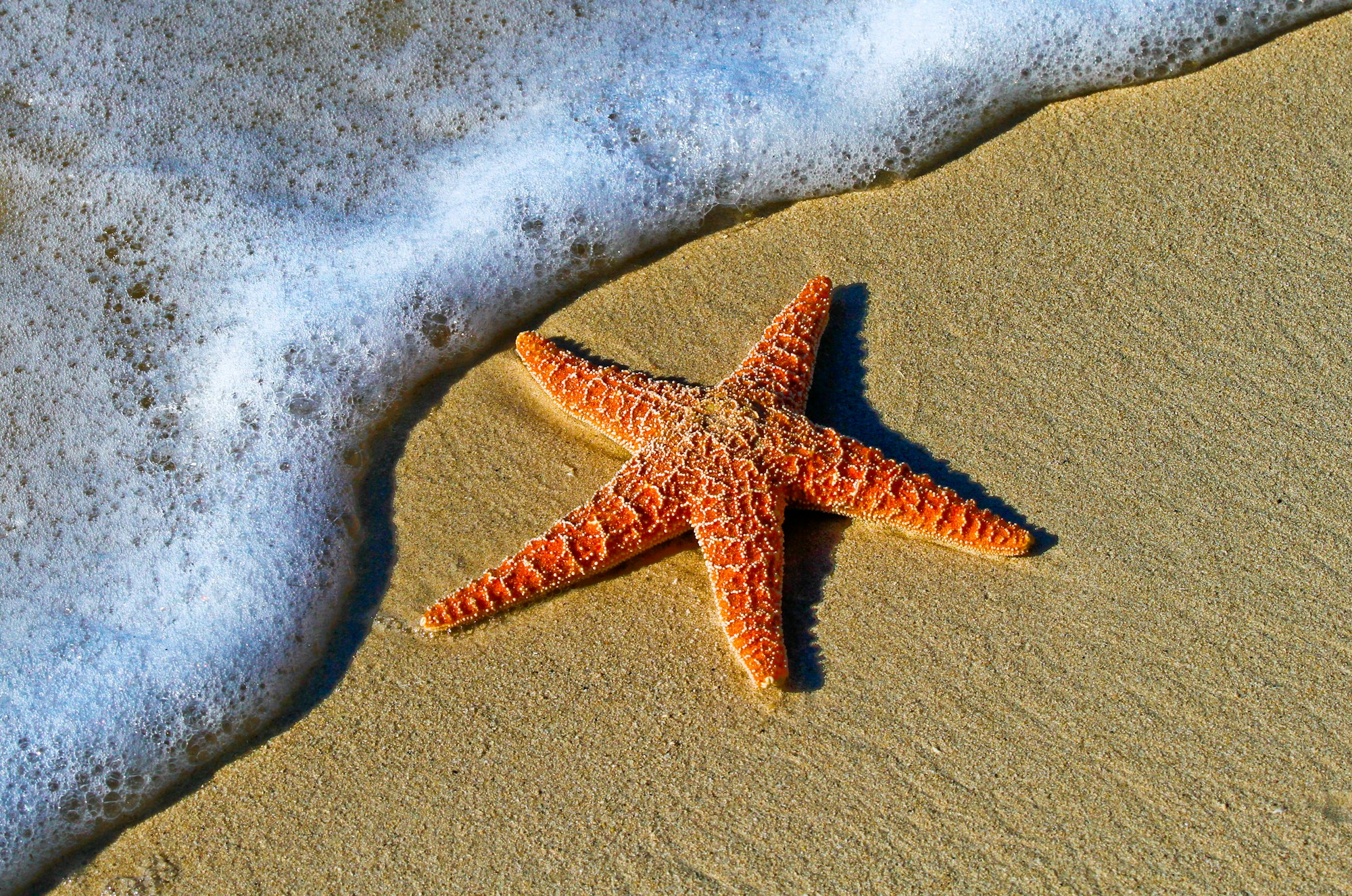Star of the sky

A great deal of academic energy has gone into answering the question: What makes something funny? The quest for a unifying theory of laughter. What the theories boil down to is this: “I did not expect that. But I enjoyed that I didn’t.”
One of the delights of parenthood is watching your kids develop a sense of humour. My son (Neko, 8), daughter (Ida, 4) and I were sitting on the couch one morning, thumbing through an early printing of David Attenborough’s Life on Earth, and we came across a picture of a Panama tree frog.
“I sketched a picture of that for a friend’s birthday a few years back,” I told them.
“You have a friend?” my daughter asked, her voice full of wonder, eyes wide like that tree frog.
Neko and I started laughing immediately. Ida didn’t understand what she’d said, but Neko knew that it’s inherently funny: (1) to be surprised that I have any friends; and (2) to use friend, singular.
For weeks afterwards something would remind Neko of that tree frog, and he’d struggle to get out the sentence through the laughing.
“Papa, remember when Ida said, ‘You have a friend’?”
Neither of us expected it, but we both enjoyed that we didn’t. It was an instant classic for our shared catalogue of historical gags. Eventually we’ll come to know each other’s sense of humour so well that we’ll be able to make each other laugh across the room with nothing but eye contact – maybe someone mentioned a Panama tree frog. This is the mark of knowing someone really well, I think, and it’s pretty special to share with your kids.
A few months later we were walking along a beach in Wellington on a blazing hot summer day. Neko and Ida found a starfish way above the tideline, marooned in the white sand. Neko picked it up tenderly, and he and Ida marvelled at the hundreds of tube feet poking out from beneath it, still waving weakly. Take me back to the water.
“Once you’ve had a look you should take it back to the sea,” I said. “It doesn’t look well.”
Neko walked the starfish to the sea slowly, one step at a time, not wanting to drop his precious cargo. He got to the shallows and dipped his toes in. Here I expected him to place the poor thing on the wet sand, to see if it might muster the strength to return to the ocean. Perhaps to cup some sea water in his hands and pour it over the creature.
Instead, Neko rotated his body like he was preparing for an olympic shot-put throw, whipped his arm around, and threw the starfish as high and far towards the horizon as he could. It spun slowly along a lazy arc and entered the water about ten metres in front of us with a slap. It was a pretty good throw.
I wanted to maintain some solemnity here, but I couldn’t help it. The laughter burst forth unbidden.
“What?” Neko asked. “What’s funny?”
“Well, you were holding the starfish so tenderly, being so careful – then you just hiffed it into the sea like a stone.”
Neko laughed, and I laughed. We both felt bad, and hoped the starfish was okay. But damn it was funny.
A year later, Neko still regularly brings this up. “Remember when I threw the starfish, Papa?” It’s another one for the catalogue.
I hope the starfish was okay. For whatever reason, that starfish had ventured far up onto a sun-baked beach. Then he was delivered – air-mail – back to the ocean, by a well-meaning little kid.
“I did not expect this,” the starfish might have wondered, quivering at the top of its parabolic arc, a sky star if for a moment. “But I enjoyed that I didn’t.” (Maybe.)



Comments ()